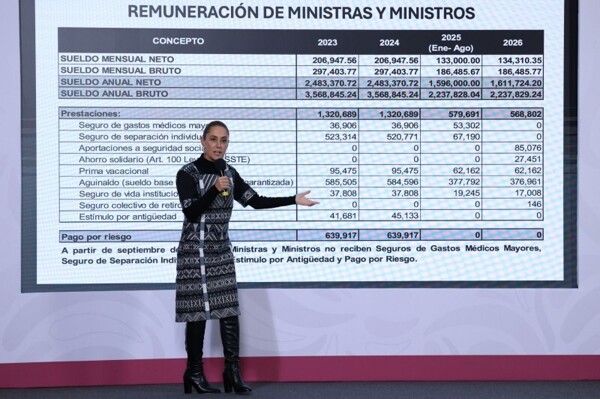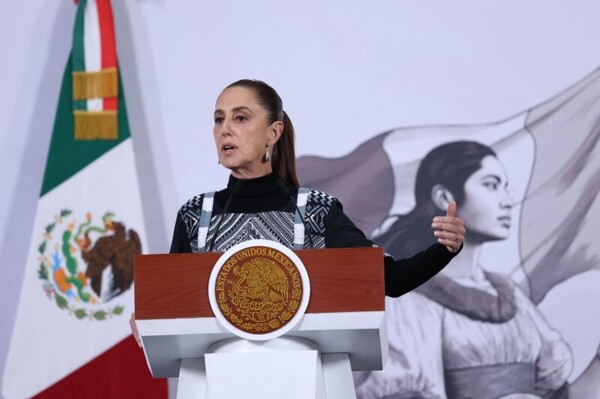
The governor of Yucatán, Joaquín Díaz Mena, announced the start of a housing policy that had been ignored for years in the region, highlighting the importance of providing decent homes for thousands of families. Díaz Mena pointed out that every person deserves to have a safe roof and an adequate space to live with dignity and raise their children.
A socioeconomic study will be conducted to determine the needs of the people and adjust the initiative so that they can access decent housing for their families, involving as many people as possible in this project. The goal is to ensure that the right to housing ceases to be a privilege and becomes an accessible reality for everyone in Yucatán, promoting a fairer and more equitable state.
The program "Housing for Well-Being 2025" was established through an agreement between Governor Joaquín Díaz Mena and the head of the Ministry of Agrarian, Territorial and Urban Development of the Government of Mexico, Edna Vega Rangel, with the initial goal of building 20,000 homes in Yucatán. This agreement was achieved thanks to the joint work between the state and federal governments, led by President Claudia Sheinbaum, who prioritizes social justice and family well-being.
Official Edna Vega Rangel emphasized that this program, conceived from President Sheinbaum's campaign, aims to build one million new homes throughout Mexico, of which nearly 20,000 will be designated for Yucatán. It is expected that the houses will be built by the Infonavit and the National Housing Commission in equal parts, in addition to issuing 6,000 deeds as part of this initiative.
Alfonso Iracheta Carroll, director of the National Institute of Sustainable Land (INSUS), recognized the support provided by Joaquín Díaz Mena for this initiative, in addition to highlighting a regularization program that includes 6,000 actions throughout Yucatán, focused on families that have been excluded from this right for years. This project includes the construction of 2,500 homes for the year 2025 and involves municipalities to facilitate administrative procedures and reduce costs to benefit the local population.














